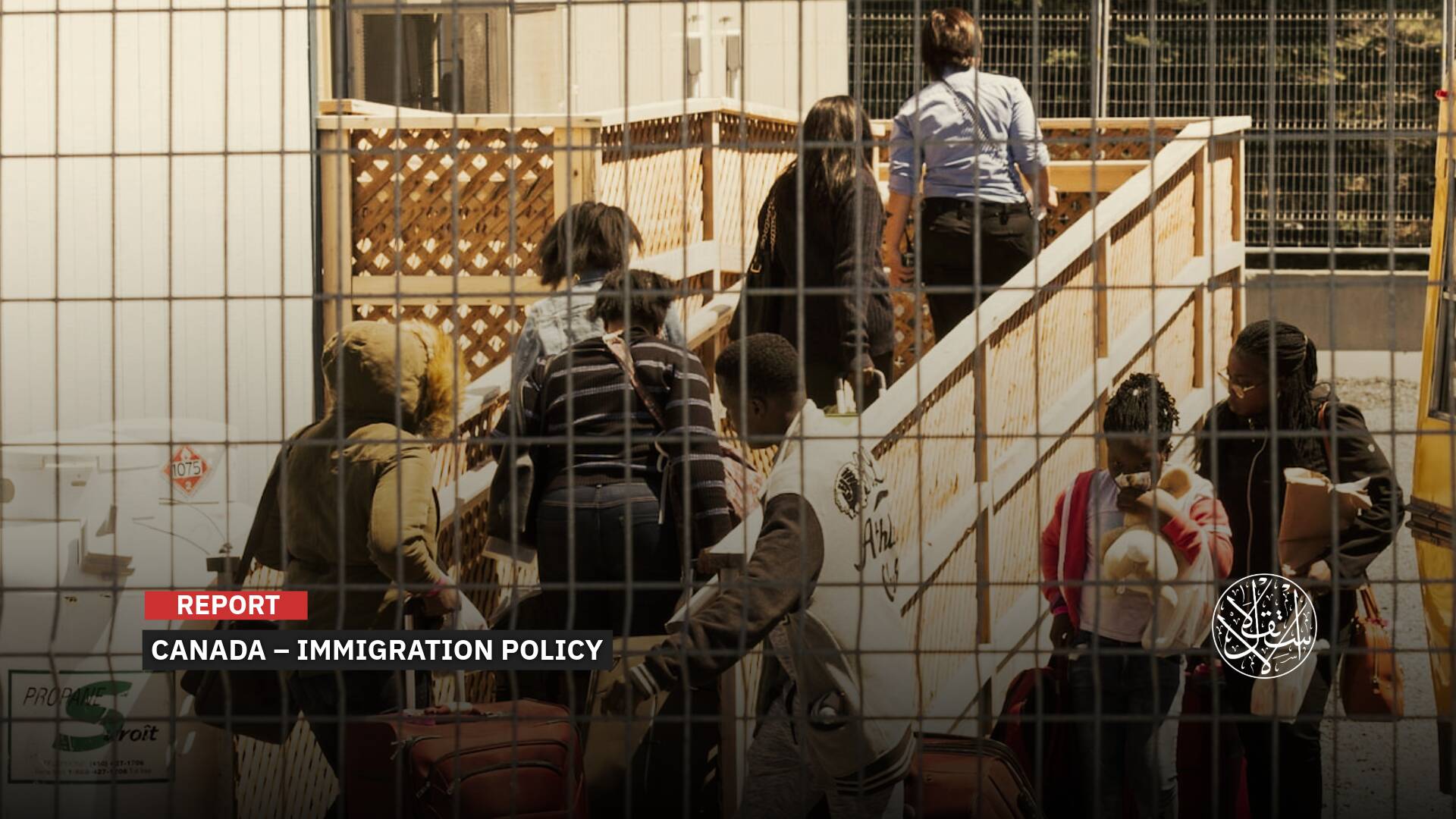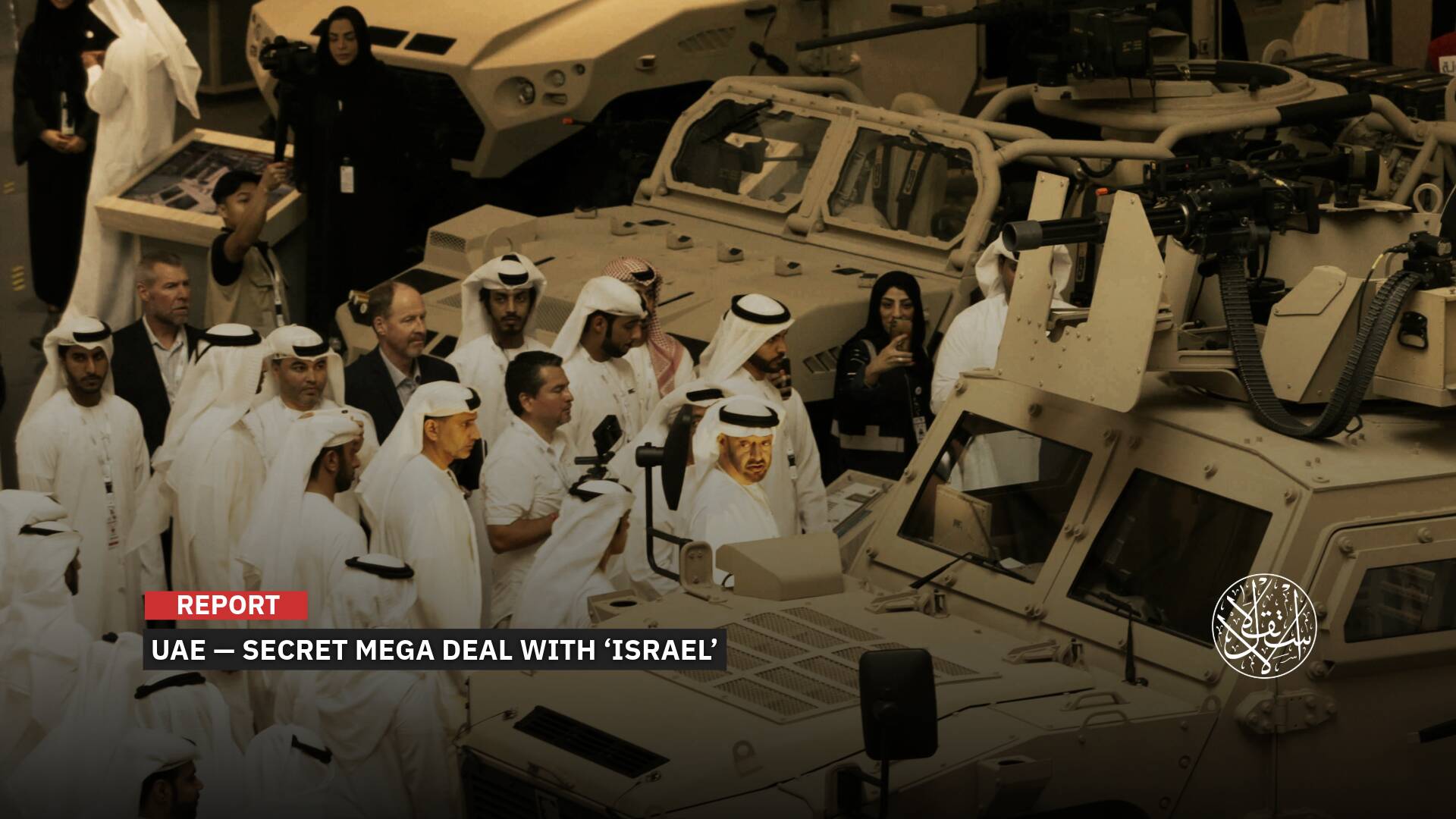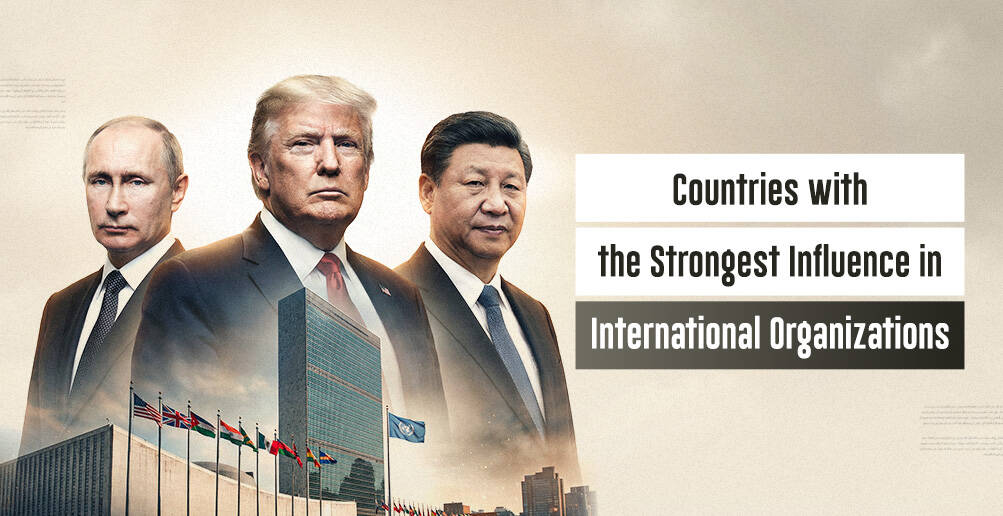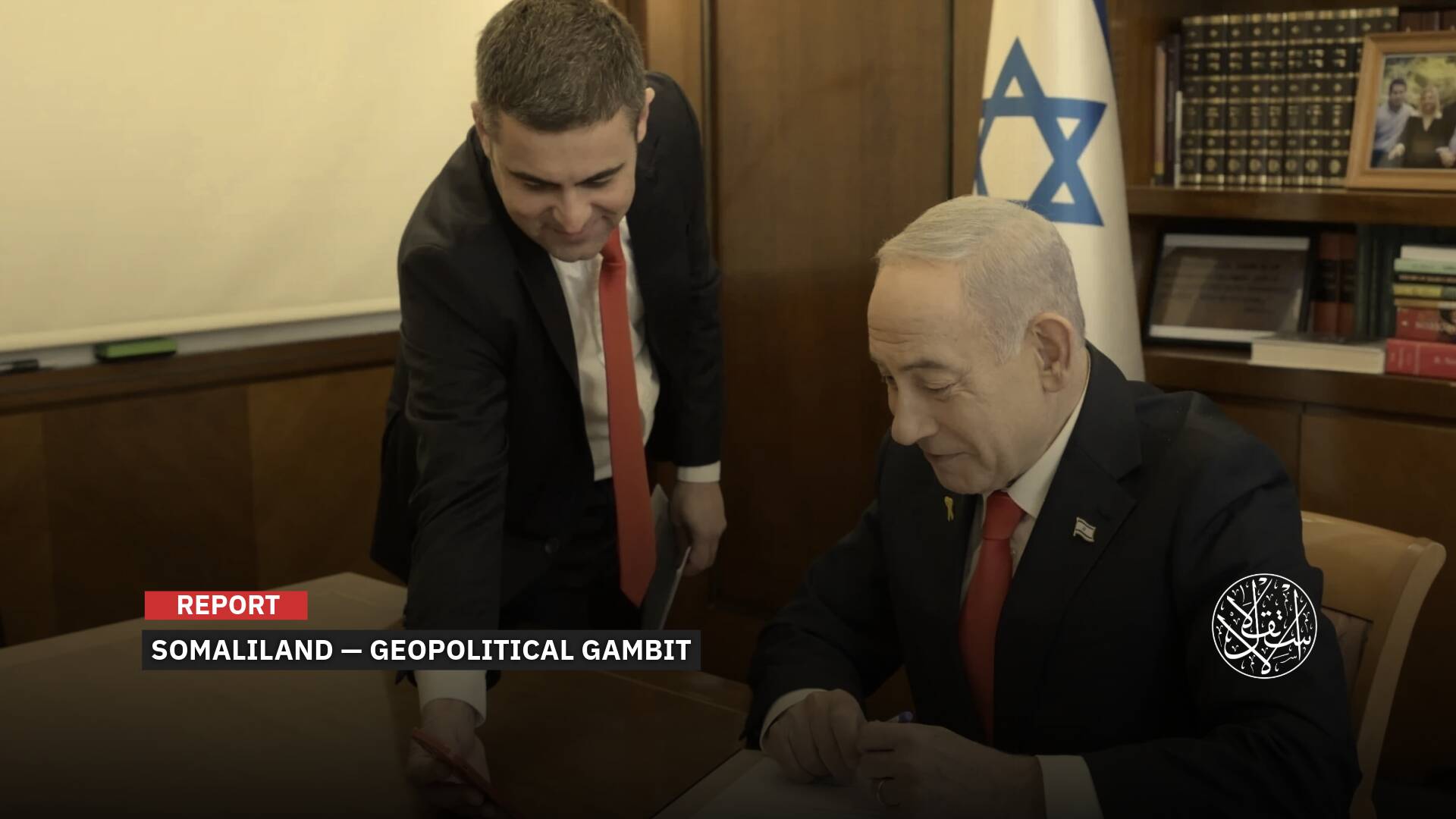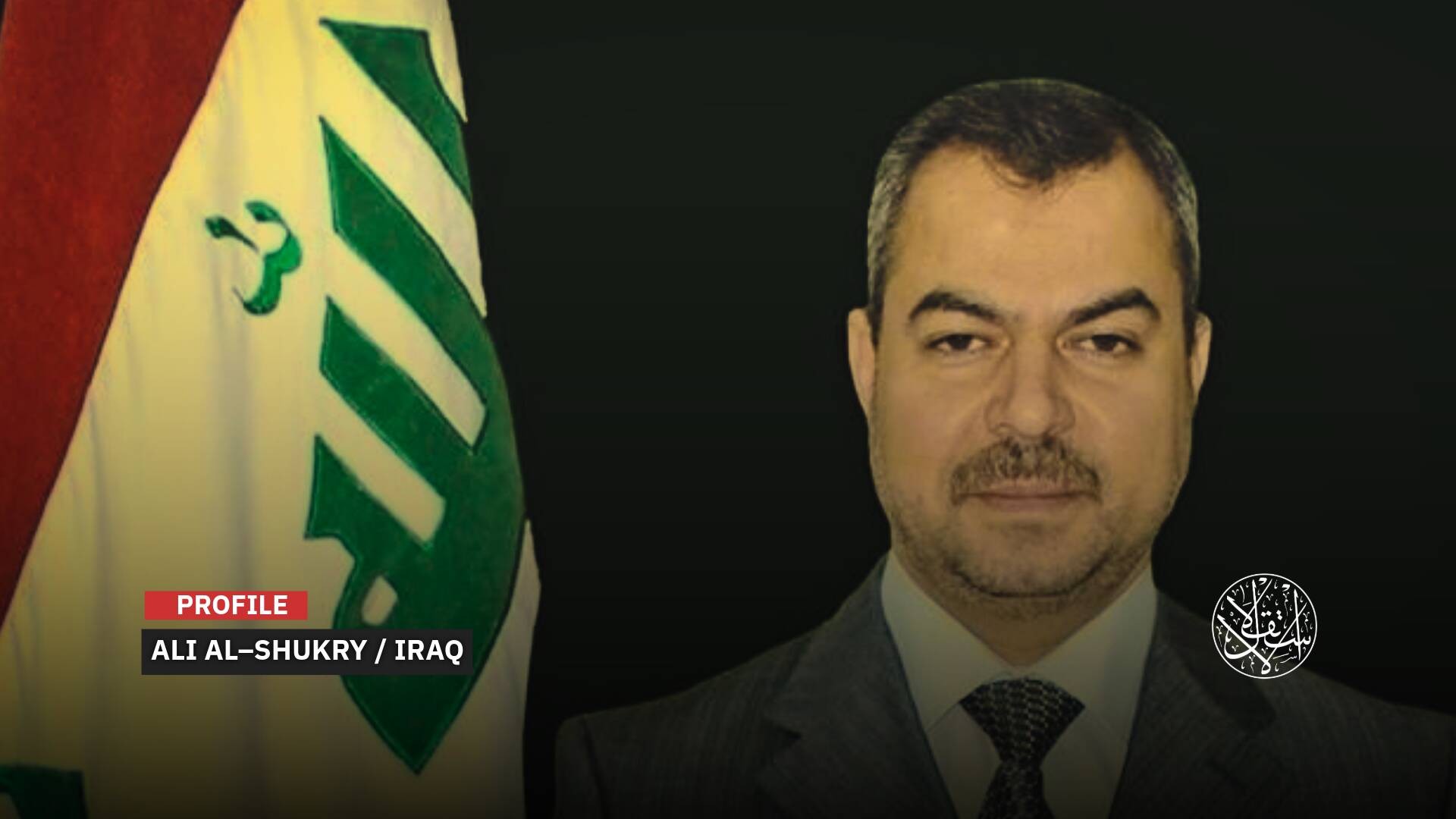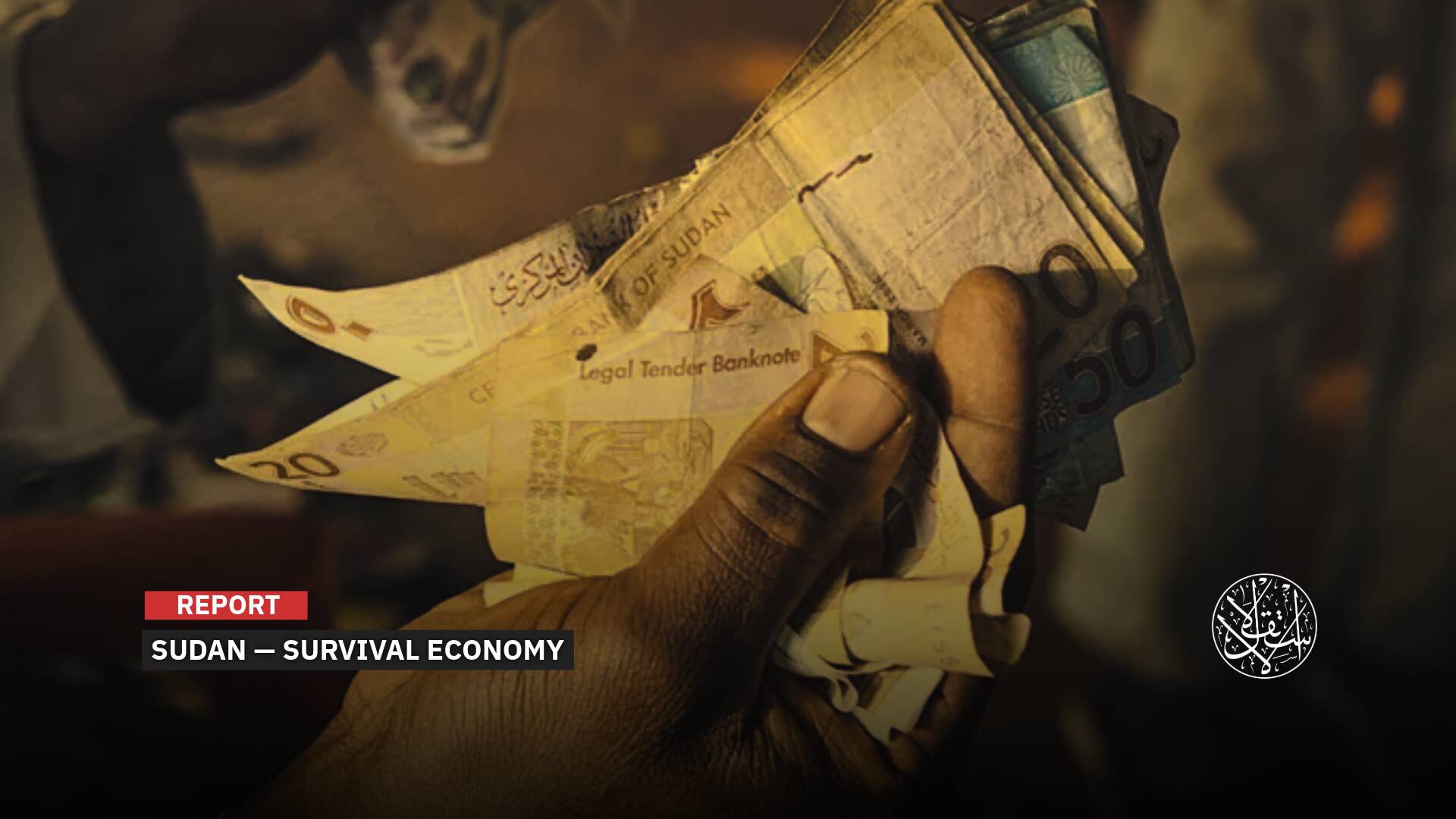What Are the Russian Efforts to Impose Apps Serving Its Ukrainian War Version?

While Russia is continuing its invasion of Ukraine, opportunistic developers have launched a series of locally made social apps in order to replace certain networks such as Instagram which have been blocked by the Russian government, and YouTube, which is now under growing pressure.
The cloned apps appear to be like “fast food” and hasty imitations including obvious attempts to surveil the Russian people, as Vladimir Putin tries to censor news about his war and further tighten the noose on dissent under his rule.
Switch to Homegrown
Warning of reprisals, it will never be the end for Putin; every US threat of sanctions has its Russian solution.
After YouTube blocked the lower house of parliament’s channel account, the Kremlin has banned YouTube to replace it with RUTUBE, a local alternative platform, The Guardian reported.
Many Russian creators are moving to parallel Russian-grown platforms like Rossgram, Yandex Zen, RUTUBE, and VKontakte (VK) as an alternative to services like Instagram, Facebook, YouTube, and even Netflix.
The RUTUBE organizers, launched in 2006 by Gazprom Media, claimed that its users have been increasing significantly recently.
Gazprom-Media CEO Alexander Zharov said that the Russian platform’s users are reaching 450 thousand people per day, while video downloads rose from 3000 to 40000 times a day.
Zharov affirmed that the service is working perfectly with no technical problems.
The head of the State Duma, Vyacheslav Volodin, said that Washington was breaching “the rights of Russians.”
He posted on Telegram: “The United States wants to have a monopoly on the diffusion of information, we cannot allow that,” while Russian Foreign Ministry Spokeswoman Maria Zakharova noted: “YouTube has sealed its fate.”
Zakharova urged Russian YouTube users to transfer their content to the new Russian platforms, warning that YouTube may disappear from Russia soon. “Save content, transfer to Russian platforms. And hurry up,” she said on Telegram.
Following China’s Footprints
Long before starting the war on Ukraine, Russian President Vladimir Putin was working on turning the internet in Russia into a vigorous tool of surveillance and social control corresponding to China’s so-called Great Firewall.
This tool has become more important when Western tech companies began cutting ties with Russia following its invasion of Ukraine.
Vladimir Putin’s government has walled off Russians more and more from the free flow of information about the country’s widely condemned invasion of Ukraine in order to keep the Kremlin’s version.
Putin is still calling Russia’s February 24 invasion of Ukraine a “special military operation” and has imposed harsh punishments for media outlets that do not support the state version.
This has supported new and also existing domestic rivals, who critics say are more flexible about accepting government requests to remove content or help authorities with information.
“This is really about the government seeking to have more and more complete control over the information that its citizens are receiving,” said Dr. Alina Polyakova, who heads the Center for European Policy Analysis (CEPA) in Washington.
However, some foreign-based media have not gone near Russian censorship in different ways, “providing Russian citizens vital access to facts about the war, so did the internet users as the Russian government has had only limited success in blocking the use of software known as virtual private networks, or VPNs allowing those users to get rid of content restrictions and circumvent censors, Council on Foreign Relations reported.
Influencers Left In Tears
In Russia, like in most countries around the world, Instagram was hugely popular representing a crucial source of income for many businesses.
Russia’s ban of the app on March 14, was shocking to Russian people, especially the influencers; the decision was taken after declaring the platform’s parent company, Meta, an “extremist organization” under Russian law.
Several Russian influencers “were left in tears when they bid farewell to their millions of followers on the network,” per the My Droll platform website.
The alternative Rossgram looked roughly like Instagram, with a similar color scheme, icons, and other trademark features.
Last month, the Russian government said it would begin to “ignore copyright restrictions in a policy it calls “parallel imports” that essentially legalizes intellectual piracy,” according to the same source.
“The goal of this mechanism is to satisfy the demand for [intellectual] goods,” said Mikhail Mishustin, the Russian prime minister.
“Until now, we couldn’t sell [them] on the territory of our country without the agreement of the copyright holder,” he added.
A recent investigation showed that the Russian authorities had been offering money to influencers in Russia to move to the RUTUBE platform even before the Ukrainian war.
Users' uploads are reviewed by moderators before going on the site, but Russians who sign up through a government website that includes passport data can be “authorized.”
Russian authorities can arrest any Russian who publishes news that contradicts the official version of the Kremlin.
Russia has recently passed a law threatening imprisonment for anyone who publishes what Russian authorities consider false information about their military intervention in Ukraine not only through apps; the law applies to traditional media as well, such as newspaper and magazine websites, as well as television stations.
“We are very sad that many good and popular services for different reasons are halting their work in Russia,” wrote the creators of Grustnogram—which translates as (sad-gram)—“a parody but working social network where Russians can post black-and-white selfies to lament Russia’s growing online isolation and ‘grieve together,’” according to The Guardian.







